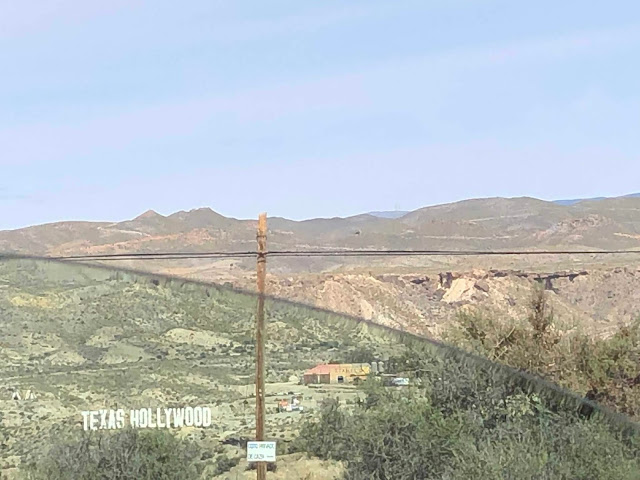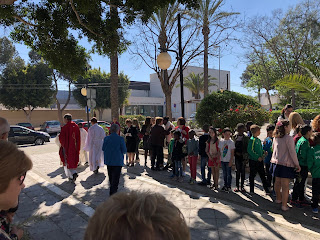Woundedness
God's mercy and faithfulness
shine forth in a world
wounded by sin.
(Constitutions 2)
Our vocation arises from our wounds.
Do you ever have one of those weeks where one idea keeps coming to your attention, from a variety of sources?
This week, the idea of woundedness -- my woundedness, Jesus' woundedness, the wounds of our world -- finds its way into my daily life. I thought I could share some thoughts and quotes.
Part One:
On Monday, I had a class, taught by a psychologist, that discussed how our family of origin and our experiences in childhood influence our reactions and behaviors throughout our lives. This is in the context of religious life--how does what we learned as a child affect our interactions with our community members? He talked about how all families are imperfect, and the "wounds" are not necessarily huge things. But our experiences do shape our beings in very specific ways--they become part of our identity. We look to our past to heal those wounds (though leaving the scars) so that we can live freely in the present and look openly to the future.
Think too of Jesus: The wounds are part of his identity--it's how Thomas knows he is the risen Jesus. Plus, we are saved by his wounds. In his humanity he shared our sorrow and actual physical and emotional pain.
Our wounds bring us to our vocation, help us to offer compassion to others in their woundedness.
Part Two:
I'm also reading our Constitutions with my community. They begin with "The End and Mission" of the Society of the Sacred Heart of Jesus. (The quote above comes from this section.)
One of the things I love about the Society of the Sacred Heart is the deep sense of the sorrow that exists in the world. It's not to dwell extensively in that sorrow, but to be aware of it, to know what's really happening, and to work toward something better and trust in God's presence and active love for all. Religious of the Sacred Heart strive to be the love of God on earth. To love everyone we meet, which means to share in their woundedness. That love and participation in the pain of another is a beautiful mystery.




Comments